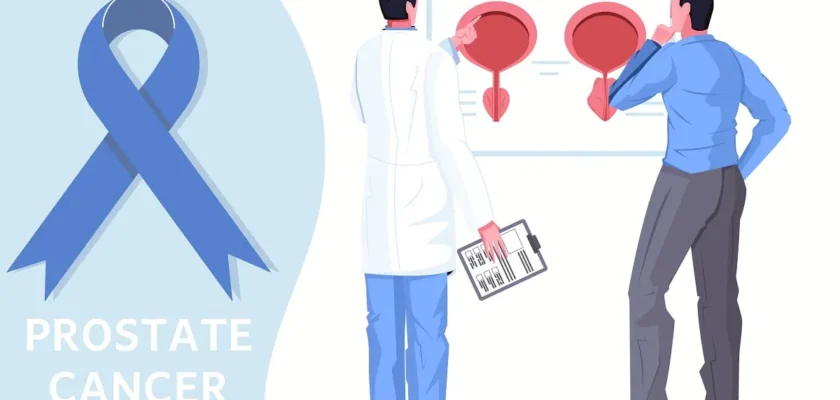Hyderabad, a city steeped in history and cultural richness, is fast becoming a hub for advanced healthcare, especially in the oncology sector. The city’s top-notch cancer hospitals are particularly known for their excellence in treating various types of cancer, including prostate cancer.
So, this article delves into the intricate relationship between diet, nutrition, and the prevention and treatment of prostate cancer. Also, check out how oncology hospitals in Hyderabad emphasize the value of a wholesome diet in the fight against this severe illness.
The Impact of Diet and Nutrition on Preventing Prostate Cancer
The adage “you are what you eat” holds considerable weight when it comes to cancer prevention. There is increasing evidence indicating that certain dietary practices can significantly lower the risk of prostate cancer. Oncology hospitals in Hyderabad play an instrumental role in educating patients about the crucial role of a balanced diet in preventing prostate cancer.
Vital dietary recommendations made by these hospitals include:
Adopting a plant-based diet: Regular consumption of fruits, vegetables, whole grains, legumes, nuts, and seeds has consistently been observed to reduce the risk of prostate cancer. These foods are rich in minerals, vitamins, antioxidants, and phytochemicals that collectively combat harmful free radicals, decrease inflammation, and boost overall prostate health.
Reducing red and processed meats: Numerous studies suggest high consumption of red and processed meats can elevate the risk of prostate cancer. Oncology hospitals in Hyderabad, therefore, advise minimizing the intake of these foods and choosing leaner proteins like poultry and fish instead.
7 Advanced Pain Management Techniques Say Goodbye to Chronic Pain
The Influence of Diet and Nutrition on Prostate Cancer Treatment
Besides prevention, diet and nutrition also significantly affect the treatment and management of prostate cancer. Treatment options for this disease depend on various factors, such as the cancer stage, the patient’s age, overall health, and personal preferences.
Understanding the available treatment options and selecting a reputable hospital with a competent medical team is critical for the best possible outcomes.
Active Surveillance
Active surveillance, which includes regular blood tests, digital rectal exams, and biopsies, may be recommended for low-risk, slow-growing prostate cancer. This approach allows for avoiding more aggressive treatments’ side effects while closely monitoring cancer progression.
Surgery
Prostatectomy, or the prostate gland’s surgical eradication, can be performed through open surgery or minimally invasive robotic-assisted laparoscopic surgery. This treatment is usually recommended for patients with localised prostate cancer in good overall health.
Radiation Therapy
In radiation therapy, high-energy beams are applied to the affected area to kill cancer cells. Two main types used for prostate cancer are external beam radiation therapy (EBRT) and brachytherapy (internal radiation therapy). As such, this form of therapy can be used alone or with other therapies for localised prostate cancer.
Hormone Therapy
Hormone therapy, or androgen deprivation therapy (ADT), reduces the body’s levels of male hormones (androgens), thereby slowing the growth of prostate cancer cells. The treatment can be received independently or along with other treatments like radiation therapy.
In conclusion, diet and nutrition play an important role in preventing and treating prostate cancer and a good cancer treatment hospital in Hyderabad can highlight the significance of a balanced diet in the fight against this illness.
Choosing a reputable health care facility that has a highly skilled medical team, cutting-edge facilities, and a holistic approach to care can be crucial in ensuring comprehensive care and optimal outcomes. They can substantially enhance a patient’s prognosis and overall life quality.

